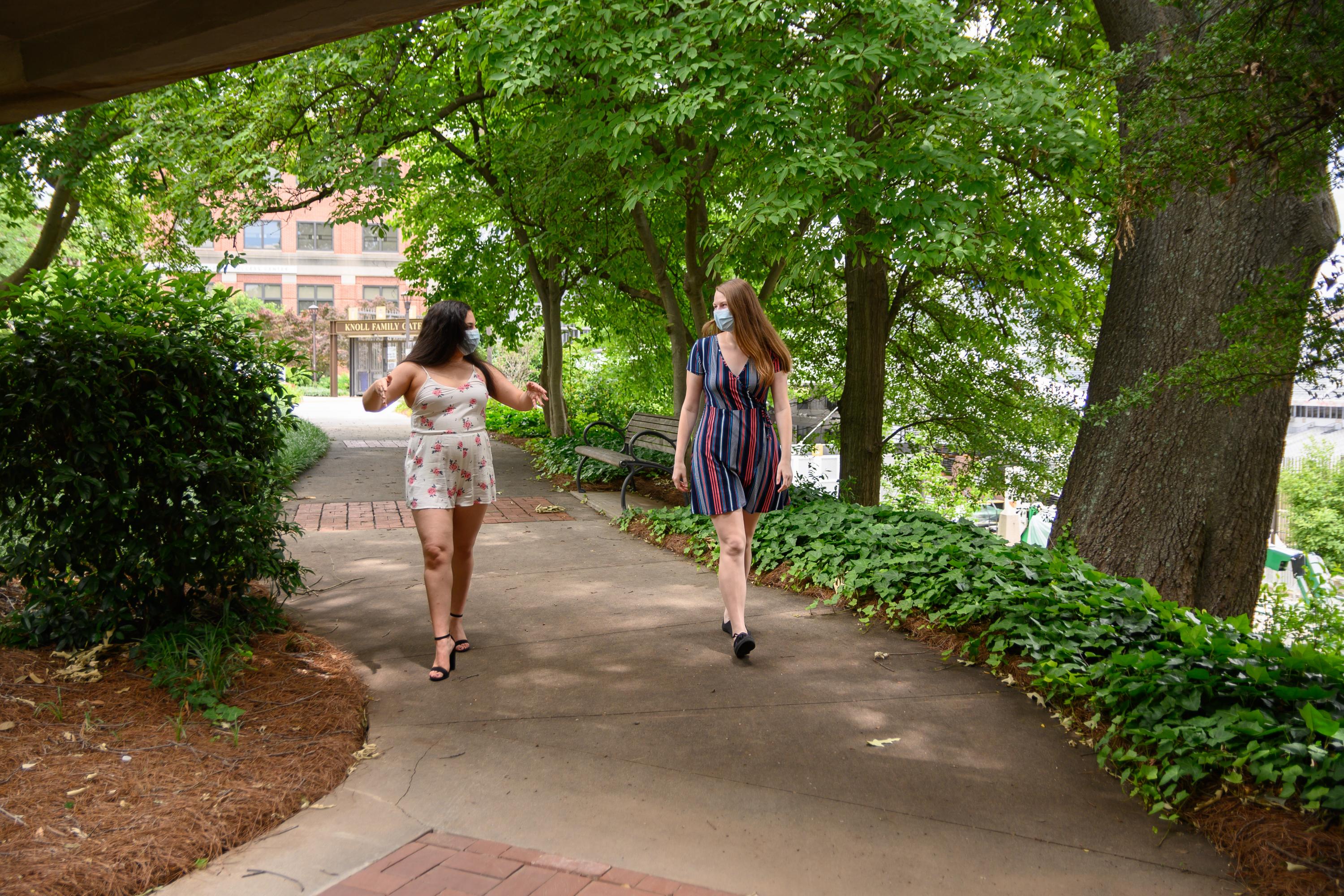A new paper authored by ISyE's William W. George Chair and Professor Pinar Keskinocak; Virginia C. and Joseph C. Mello Professor Nicoleta Serban; Ph.D. students Arden Baxter and Buse Eylul Oruc; and Metron Research Scientist John Asplund confirms what public health experts have been asserting: Non-pharmaceutical interventions such as voluntary shelter-in-place, quarantines, and other steps taken to control the SARS-CoV-2 virus can reduce the peak number of infections, daily infection rates, cumulative infections, and overall deaths.
Using data from the state of Georgia, the study determined that a combination of non-pharmaceutical interventions, with various levels of compliance that change over time, could in some instances cut cumulative infections in half and reduce the peak number of infections to about a third of what could have been seen, “flattening the peak” to avoid overwhelming a state’s healthcare system.
You can read a complete analysis of the ISyE team's findings here.

